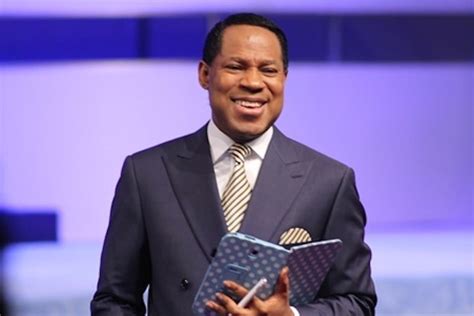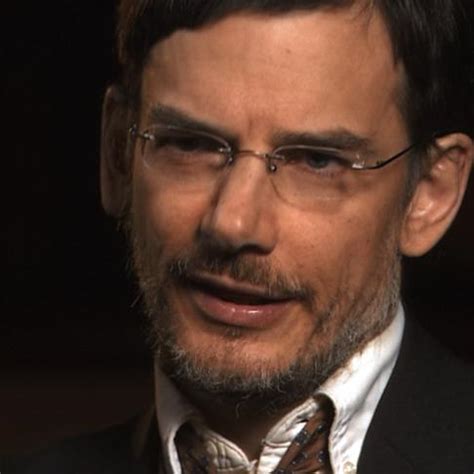A Quote by Percy Bysshe Shelley
The nature of a narrow and malevolent spirit is so essentially incompatible with happiness as to render it inaccessible to the influences of the benignant God.
Quote Topics
Related Quotes
No one as yet has approached the management of New York in a proper spirit; that is to say, regarding it as the shiftless outcome of squalid barbarism and reckless extravagance. No one is likely to do so, because reflections on the long narrow pig-trough are construed as malevolent attacks against the spirit and majesty of the American people, and lead to angry comparisons.
For the religious, passivism [i.e., objects are obedient to the laws of nature] provides a clear role of God as the author of the laws of nature. If the laws of nature are God's commands for an essentially passive world ..., God also has the power to suspend the laws of nature, and so perform miracles.
Man is not by any means of fixed and enduring form (this, in spite of suspicions to the contrary on the part of their wise men, was the ideal of the ancients). He is nothing else than the narrow and perilous bridge between nature and spirit. His innermost destiny drives him on to the spirit and to God. His innermost longing draws him back to nature, the mother. Between the two forces his life hangs tremulous and irresolute.
To remove warfare from a spiritual life is to render it unspiritual. Life in the spirit is a suffering way, filled with watching and laboring, burdened by weariness and trial, punctuated by heartbreak and conflict. It is a life utterly outpoured for the kingdom of God and lived in complete disregard for one's personal happiness.
When the Holy Spirit comes to live within you, He will come with the ability to produce righteousness. Righteousness is the nature of God, which when imparted to the human spirit, produces the rightness of God in the human spirit. It gives man right standing with God; it gives him the ability to stand in the presence of God without a sense of guilt, inferiority or condemnation. It means rightness in God. The righteousness of God is wrought in you.
In the dominant Western religious system, the love of God is essentially the same as the belief in God, in God’s existence, God’s justice, God’s love. The love of God is essentially a thought experience. In the Eastern religions and in mysticism, the love of God is an intense feeling experience of oneness, inseparably linked with the expression of this love in every act of living.







































